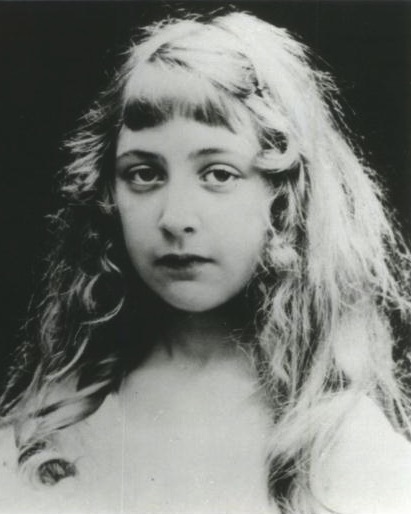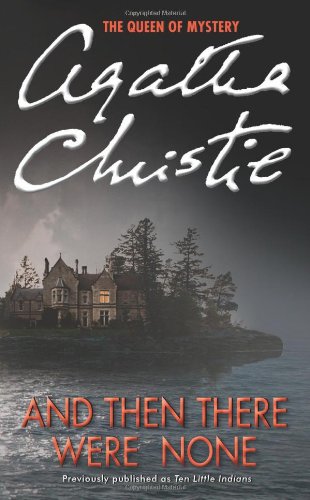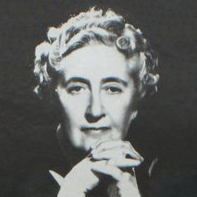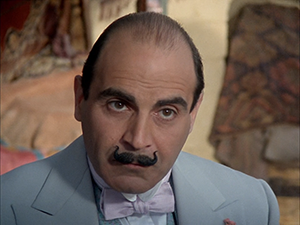And There Were None
Today, the lady of mysteries. The University of Houston's College of Engineering presents this series about the machines that make our civilization run, and the people whose ingenuity created them.
One of my favorite mystery writers is Agatha Christie. I remember reading her books when I was a teen — the excitement of trying to name the killer before she did. I recall paying attention to every little clue. Reading Christie's book felt like playing a sophisticated mind game.

Agatha Christie as a child (Wikipedia Image)
Agatha Christie was born in 1890 in England. She was born into a wealthy upper class family and surrounded by independent women. She became an avid reader and then, a world-renowned writer.

And Then There Were None by, Agatha Christie (Amazon Image/Harper Publishing)
Christie wrote over 60 detective novels. Her most popular book, and my favorite, is her masterpiece "And Then There Were None" — the best selling mystery book in the world.
Agatha Christie created memorable detective characters: We may all know Miss Marple and Hercule Poirot. Miss Marple was an English lady close to eighty, tall and thin with blue eyes. She appeared in 12 novels and 20 short stories.

Agatha Christie (Wikipedia Image)
Hercule Poirot was an eccentric Belgian. Christie tells us that "Poirot was hardly more than five feet four inches but carried himself with great dignity. His head was exactly the shape of an egg, and he always perched it a little on one side. His moustache was very stiff and military. The neatness of his attire was almost incredible."
Poirot appears in 33 novels, one play, and more than 50 short stories. He was so popular that he even got an obituary on the front page of The New York Times. The English actor David Suchet plays Poirot masterfully in the recent TV series.
Agatha Christie married twice. Her first husband was Archie Christie. Her second husband was a well-known archeologist Max Mallowan. For her contributions, Christie was named Dame Commander of the Order of the British Empire and President of the Detection Club. She also received the Mystery Writers of America's Grand Master Award.

The actor David Suchet playing Hercule Piorot (Wikipedia Image)
We can go back in time and listen to the 1945 radio show featuring Hercule Poirot. They're freely available on Internet archives — linked to this episode's webpage. We can hear Christie's own voice introducing the Case of Careless Victim. She says about Poirot, "The great man has his little foibles, but really, I have the greatest affection for him."
And yet, Christie also insisted that she loathed Poirot. Perhaps, it's this love-and-hate relationship that fueled Christie's prolific story telling. Vivid and faithful character traits in each and every story, point to a masterful creator who cared greatly about her detectives.
I'm Haleh Ardebili at the University of Houston, where we're interested in the way inventive minds work.
(Theme music)
This episode was first aired on September 26, 2014